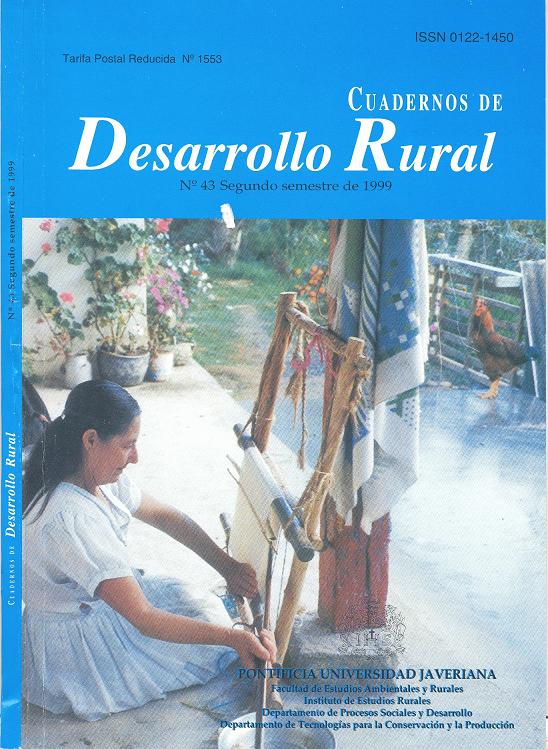Abstract
El presente ensayo ofrece una aproximación a la manera cómo las comunidades indígenasorganizadas en el Consejo Regional Indígena del Cauca (CRIc), han abordado laperspectivade género en el proceso de organización y lucha que iniciaron en la década de los setentaen procura de lograr su reconocimiento social y político, ampliar sus territorios ancestralesy mejorar sus condiciones de vida entre otros.Después de señalar brevemente el cúmulo de discriminaciones económicas, sociales,políticas y culturales padecidas históricamente por estas comunidades, el ensayo procuraen primer termino, identificar el papel asignado y cumplido por hombres y mujeres en losprocesos de producción, organización y lucha, y en segundo lugar, revisar y analizar lasorientaciones y políticas definidas por la organización indígena referente al tema degénero. Concluye resaltando los desafíos que enfrenta hoy día el movimiento indígena delCauca y deja expuesta la inquietud de cómo las nuevas condiciones afectarán lasrelaciones de género al interior de estos pueblos.Cuadernos de Desarrollo Ruralis registered under a Creative Commons Attribution 4.0 International Public License. Thus, this work may be reproduced, distributed, and publicly shared in digital format, as long as the names of the authors and Pontificia Universidad Javeriana are acknowledged. Others are allowed to quote, adapt, transform, auto-archive, republish, and create based on this material, for any purpose (even commercial ones), provided the authorship is duly acknowledged, a link to the original work is provided, and it is specified if changes have been made. Pontificia Universidad Javeriana does not hold the rights of published works and the authors are solely responsible for the contents of their works; they keep the moral, intellectual, privacy, and publicity rights.
Approving the intervention of the work (review, copy-editing, translation, layout) and the following outreach, are granted through an use license and not through an assignment of rights. This means the journal and Pontificia Universidad Javeriana cannot be held responsible for any ethical malpractice by the authors. As a consequence of the protection granted by the use license, the journal is not required to publish recantations or modify information already published, unless the errata stems from the editorial management process. Publishing contents in this journal does not generate royalties for contributors.


